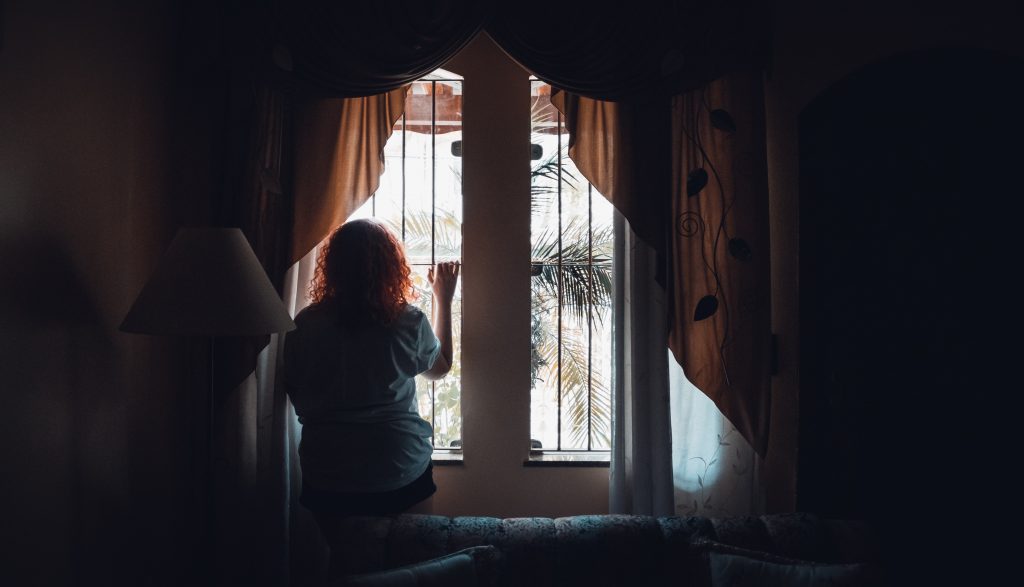Knowing ALICE: Coronavirus Outbreak Puts Income at Risk
March 13, 2020

We’ve all heard the advice: If you’re sick, stay home.
For ALICE, that might not be an option.
“Equal access to precautionary measures cuts along the same lines that divide the United States in other ways: income, education and race,” according to a new article in The New York Times.
“Service industry workers, like those in restaurants, retail, child care and the gig economy, are much less likely to have paid sick days, the ability to work remotely or employer-provided health insurance,” the article continues.
Those are precisely the jobs that many ALICE workers hold, said Nakia Baylis, Community Impact Associate for United Way BCKR.
“Many low-income workers can’t afford a day off,” she said. “If they don’t get sick pay, that’s money out of their pocket—money that is critical to keeping pace with their monthly bills.”
The sudden global onset of COVID-19, a flu-like respiratory illness caused by a coronavirus, puts a fine point on the issue, said Baylis.
“ALICE workers often don’t have the luxury of working from home. And many of the jobs they hold involve a lot of interaction with the public. That raises their risk of both contracting the virus and spreading it to others,” she said.
The Family and Medical Leave Act provides eligible U.S. employees up to 12 weeks of unpaid, job-protected leave to address their own or a family member’s serious health condition. But that’s not enough for most ALICE families who count on a regular paycheck. Baylis encouraged ALICE workers to check on their current job benefits so they know what they can do if illness strikes.
The COVID-19 outbreak might prompt businesses to re-evaluate their policies around paid sick leave and work-from-home options. That, Baylis said, could lead to more supportive policies that are good for ALICE, their employers and the community.
Anyone facing a crisis due to the coronavirus outbreak or any other reason—from financial issues to food needs and more—should call 2-1-1 to connect with a wide array of critical support services.
United Way’s Disaster Relief Fund will be used to support efforts aiding individuals and families in need due to the impact of COVID-19. Click here to learn more about the fund and how you can help.
![]()
Posted in BC/Kzoo General
